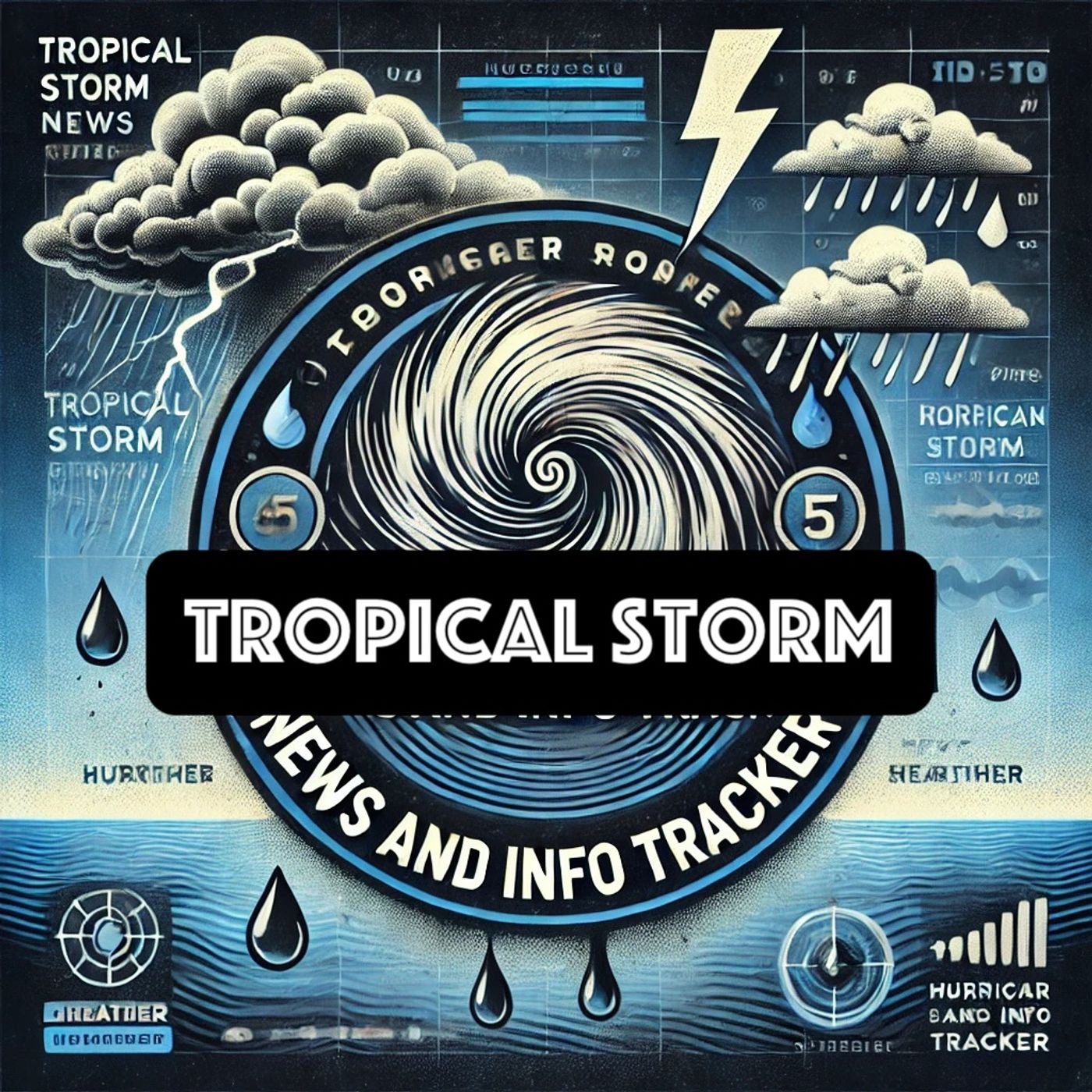"Tropical Storm Helene's Devastating Impact on I-40 in Western North Carolina: A Call for Resilient Infrastructure"
Description
Tropical Storm Helene caused significant disruption in Western North Carolina, particularly affecting infrastructure and travel in the region. One of the most notable impacts was on Interstate 40, a major highway that experienced substantial damage due to the storm's intense weather conditions.
Tropical storms, such as Helene, are characterized by heavy rainfall and strong winds, and they often lead to severe flooding and damage to roads and bridges. In the case of Helene, the storm brought torrential rain that overwhelmed drainage systems and caused landslides along parts of I-40. This resulted in damage to the road surface and supporting structures, leading to its temporary closure.
The closure of I-40 disrupted travel and transportation significantly, affecting both local residents and long-distance travelers. Efforts to repair the road began quickly, with teams working to clear debris, address structural damages, and ensure the highway was safe for travel again. The recovery process, while executed swiftly, underscored the challenges that such storms present in terms of infrastructure resilience.
Western North Carolina, known for its scenic beauty and tourist attractions, relies heavily on its road network for economic activities, including tourism. The damage caused by Tropical Storm Helene served as a reminder of the vulnerability of infrastructure in the face of extreme weather events. It highlighted the importance of investing in stronger, more resilient infrastructure that can withstand the impacts of tropical storms and other natural disasters.
Tropical storms, while less intense than hurricanes, can nevertheless cause significant damage and disruption. Helene's impact on I-40 was a clear example of this potential, prompting discussions among local and state officials about future strategies to mitigate the effects of such storms. These discussions include the potential for improving weather forecasting and communication systems, enhancing emergency response plans, and investing in infrastructure improvements that can better resist the forces of nature.
The aftermath of Helene's impact on Western North Carolina also provided an opportunity for community resilience, as local businesses and residents came together to support recovery efforts. This spirit of cooperation and mutual support played a crucial role in restoring normalcy to the region and demonstrated the community's strength in the face of adversity.
In summary, Tropical Storm Helene's impact on I-40 in Western North Carolina highlighted the significant challenges posed by such weather events. The damage served as a catalyst for discussions on improving infrastructure resilience and emergency response, while also showcasing the community's ability to come together in times of crisis. Local leaders are now focused on learning from this event to better prepare for future storms, ensuring that the region remains safe and accessible even in the face of adverse weather conditions.
More Episodes
Tropical storms can pose significant threats to coastal areas, with their impacts felt through storm surges, flooding, and wind damage. Both Tropical Storm Debby and Hurricane Idalia exemplify how effective coastal management can help mitigate these effects.
In August, Tropical Storm Debby made...
Published 11/26/24
Published 11/26/24
Tropical storm warnings have been issued for several regions, including parts of Florida, Cuba, and the Bahamas, as meteorologists track the progress of a developing system in the Atlantic. Residents in these areas are advised to prepare for potential severe weather conditions as the storm...
Published 11/24/24


